As a professional gamer, I've always found cooking in real life to be a tedious chore—those endless prep times and complicated recipes often make me groan. Yet, in the virtual worlds of gaming, what starts as a mundane task transforms into a thrilling adventure, turning even the laziest chefs into culinary masters. In 2025, developers have refined cooking mechanics beyond dedicated cooking sims, weaving them seamlessly into genres like RPGs and sandbox games to create moments of pure immersion. I remember countless nights where I'd rather be slaying dragons or farming crops than chopping onions in my kitchen, but in these games, cooking feels like uncovering a hidden treasure—a spark that ignites my passion and keeps me hooked for hours. It's not just about filling hunger bars; it's about crafting experiences that resonate deeply, making me pause mid-battle to savor the artistry. 🍳
Take Minecraft, for instance. From its early days, the hunger system has evolved into a core survival element, where players must constantly gather and cook food to stay alive. I've spent hours foraging for ingredients like apples and meat, then tossing them into a furnace to create simple yet satisfying meals that replenish health—no fancy bonuses, just the raw necessity of survival. It reminds me of a compass in a storm, guiding players through chaotic mining expeditions with moments of calm preparation. 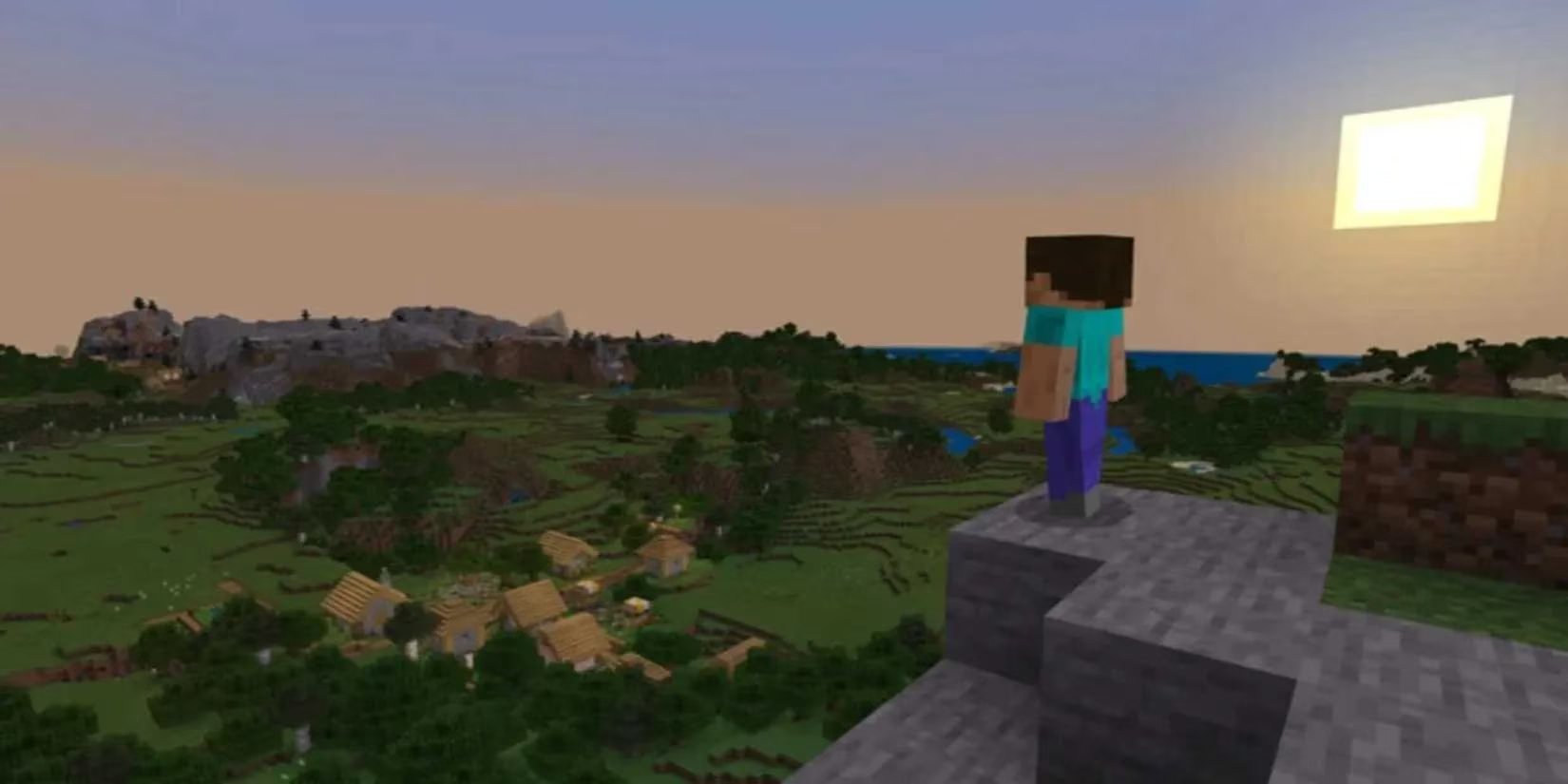 Back in 2011, eating instantly healed you, but now, it's tied to that ever-present hunger meter—a change that adds tension and strategy. Personally, I love how the pixelated food looks oddly appetizing, like miniature masterpieces on a blocky plate. Brewing potions for instant heals feels like unlocking a secret alchemy lab, adding layers to the gameplay.
Back in 2011, eating instantly healed you, but now, it's tied to that ever-present hunger meter—a change that adds tension and strategy. Personally, I love how the pixelated food looks oddly appetizing, like miniature masterpieces on a blocky plate. Brewing potions for instant heals feels like unlocking a secret alchemy lab, adding layers to the gameplay.
Then there's Stardew Valley, which blends farming, dating, and RPG elements into a cozy escape. Cooking here isn't just functional; it's a way to boost skills and earn cash. I've installed kitchens in my virtual home, unlocked recipes through TV shows or friendships, and whipped up dishes like Farmer's Lunch for farming boosts or Sashimi to sell for profit. It's incredibly rewarding—I felt like a savvy entrepreneur, turning fish into gold. 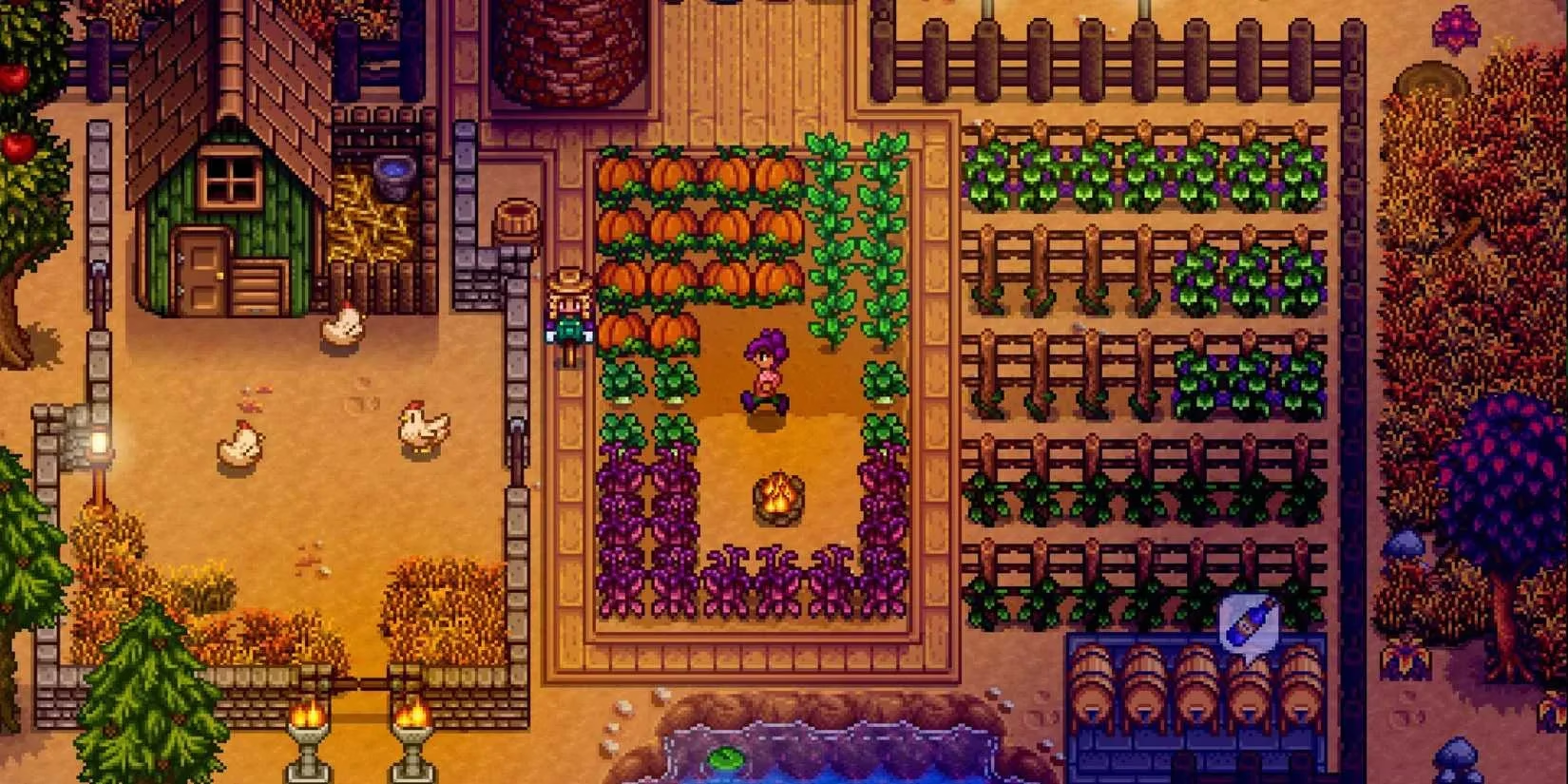 The mechanic acts like the seasoning that enhances the flavor of the entire game dish, making daily chores feel purposeful. Subjectively, I adore how cooking sessions provide a break from tending crops, offering a warm, homemade vibe that mirrors real-life comfort.
The mechanic acts like the seasoning that enhances the flavor of the entire game dish, making daily chores feel purposeful. Subjectively, I adore how cooking sessions provide a break from tending crops, offering a warm, homemade vibe that mirrors real-life comfort.
Moving to action-packed titles, Monster Hunter Wilds stands out with its revamped cooking system. In this 2025 iteration, I can cook anywhere—even mid-hunt—by setting up a camping stove to grill meat for health and stamina buffs. It's intuitive and immersive, as director Yuya Tokuda noted, and the food visuals rival Studio Ghibli's artistry. 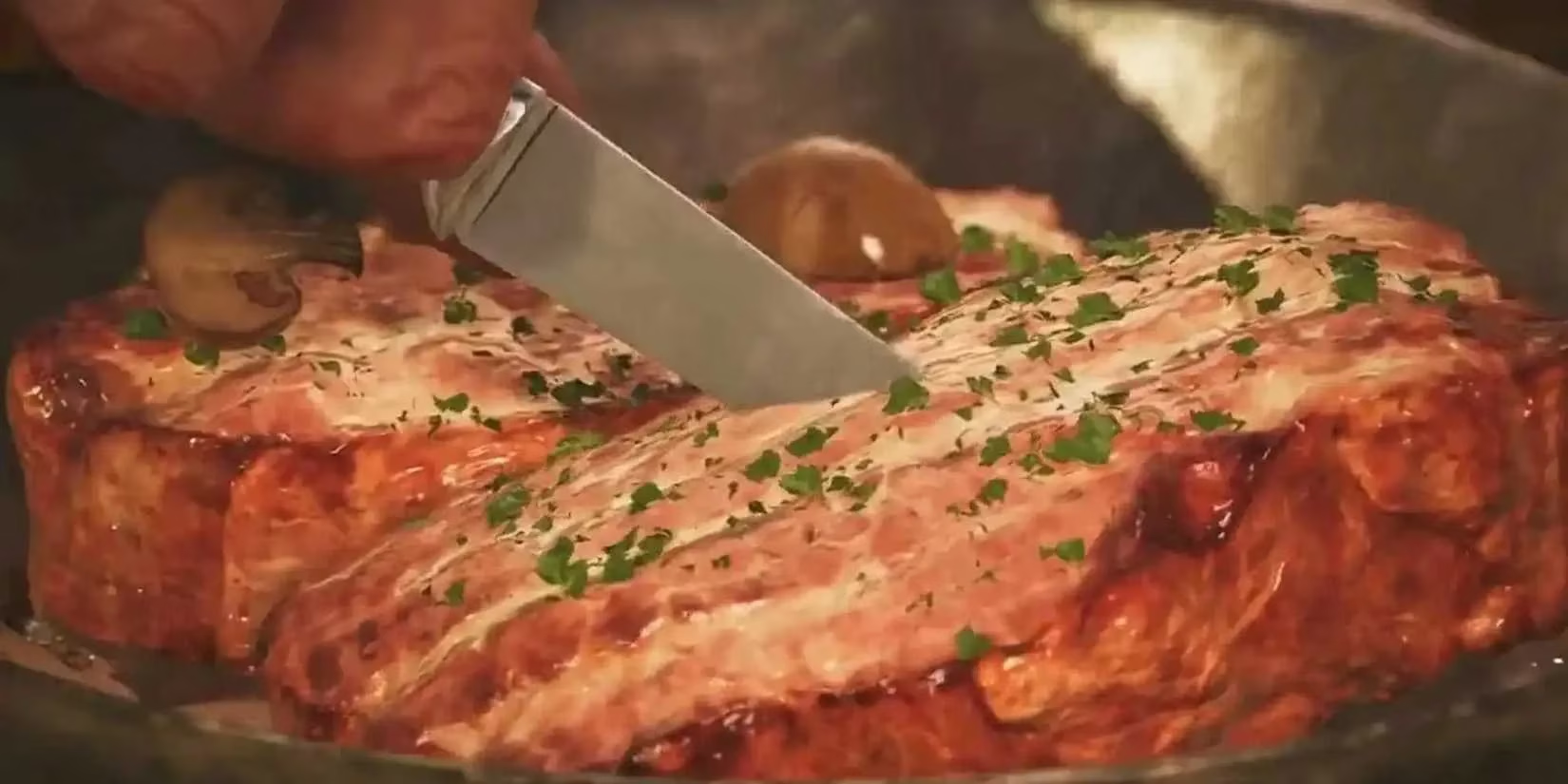 For me, these scenes are a highlight; they turn frantic battles into poetic interludes, like a lullaby in a thunderstorm that soothes the chaos. Eating before a hunt isn't just preparation—it's a ritual that bonds me to the world, making me grin as my stomach rumbles in sync.
For me, these scenes are a highlight; they turn frantic battles into poetic interludes, like a lullaby in a thunderstorm that soothes the chaos. Eating before a hunt isn't just preparation—it's a ritual that bonds me to the world, making me grin as my stomach rumbles in sync.
Genshin Impact offers a different take, where cooking serves as a supplement to exploration. Collecting herbs and mushrooms across Teyvat, I've learned recipes from shops to create healing and stat-boosting dishes. The mini-game of timing button presses adds skill, and character favorites unlock bonuses. 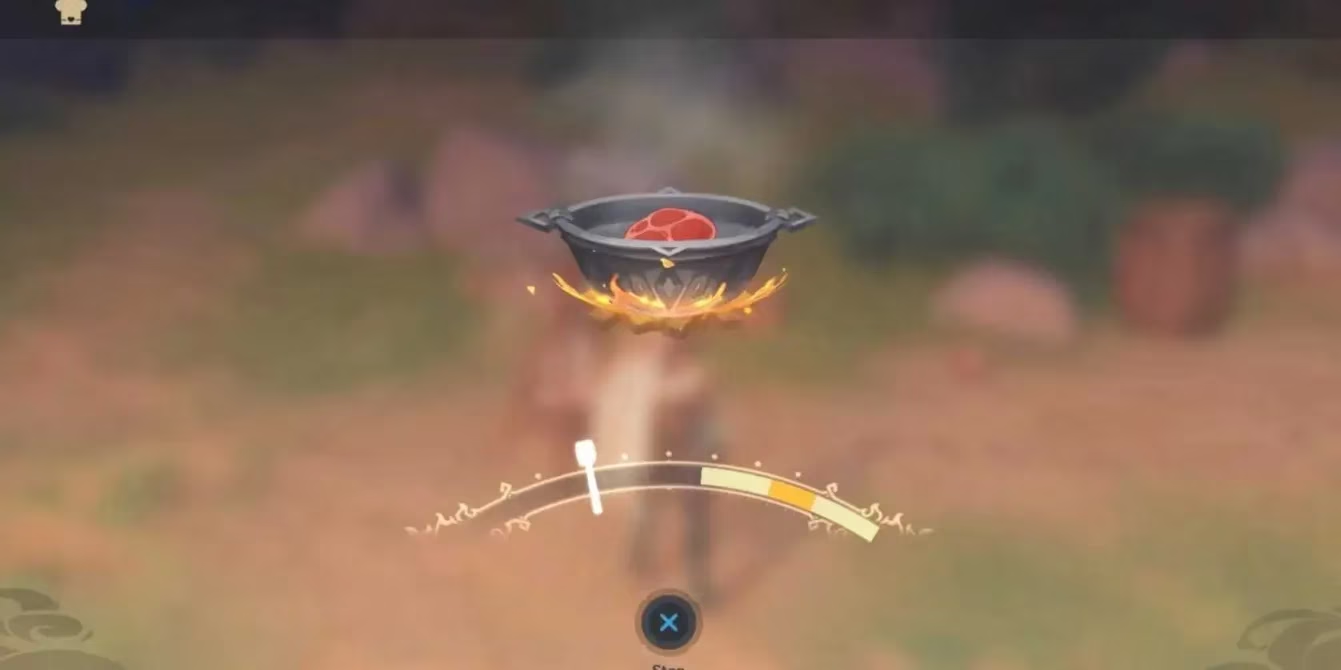 Personally, I find it a delightful pause—like a deep breath during a sprint—that enhances journeys without overshadowing combat. Still, it requires gear and strategy, making it essential for late-game challenges.
Personally, I find it a delightful pause—like a deep breath during a sprint—that enhances journeys without overshadowing combat. Still, it requires gear and strategy, making it essential for late-game challenges.
In Kingdom Hearts 3, cooking becomes a fun diversion through minigames with Remy. Helping Sora chop vegetables or flambé food at Le Grand Bistrot boosts ratings and earns key items like the Grand Chef Keyblade. 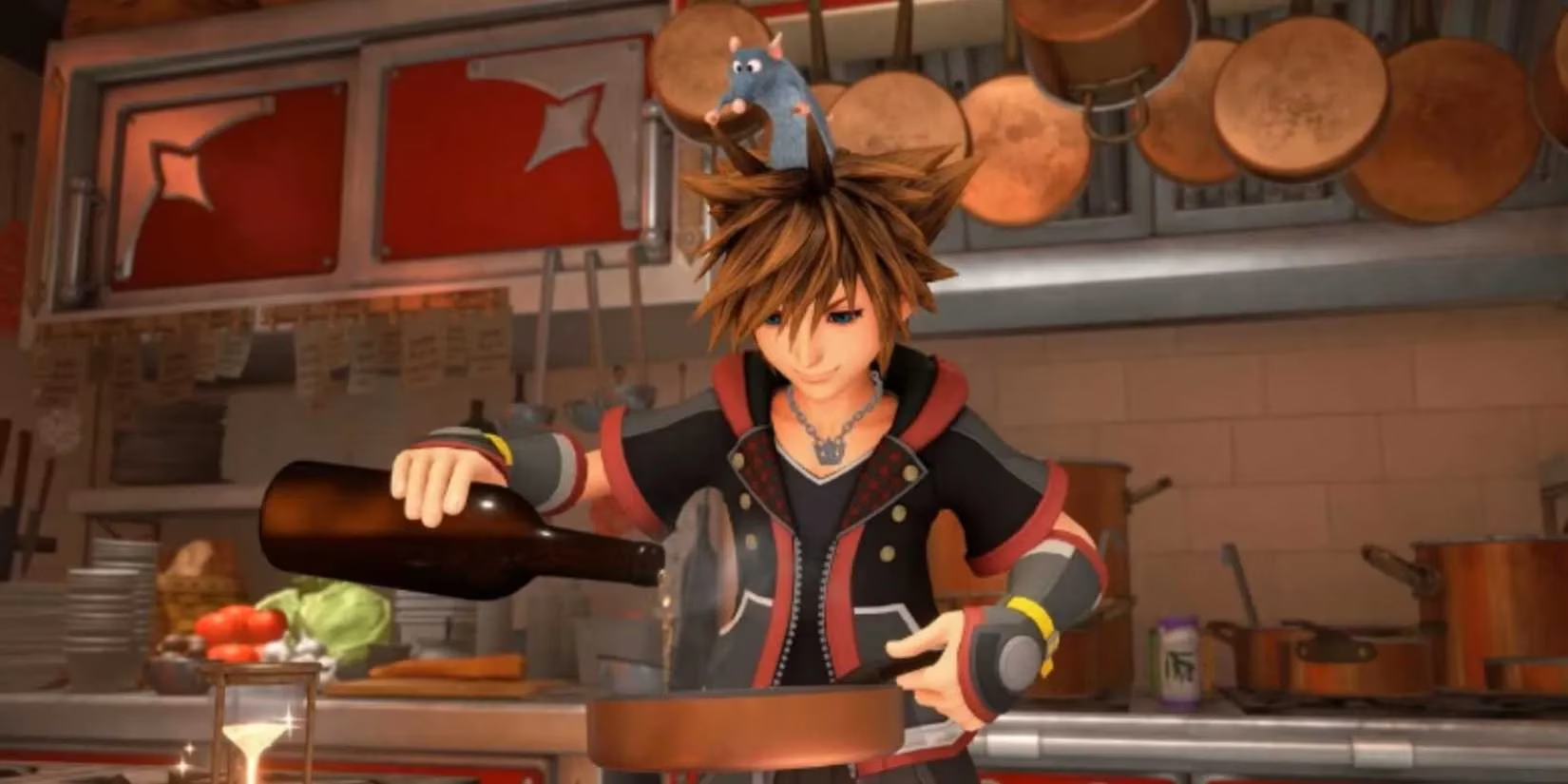 I recall laughing at the precision tests—it felt like juggling while riding a unicycle—but the rewards made it worthwhile.
I recall laughing at the precision tests—it felt like juggling while riding a unicycle—but the rewards made it worthwhile.
Like A Dragon: Pirate Yakuza In Hawaii transforms cooking into a morale-booster for Majima and his crew. Using Goro Goro Kitchens, I've cooked meals to heal gauges through minigames, with rare ingredients adding challenge. 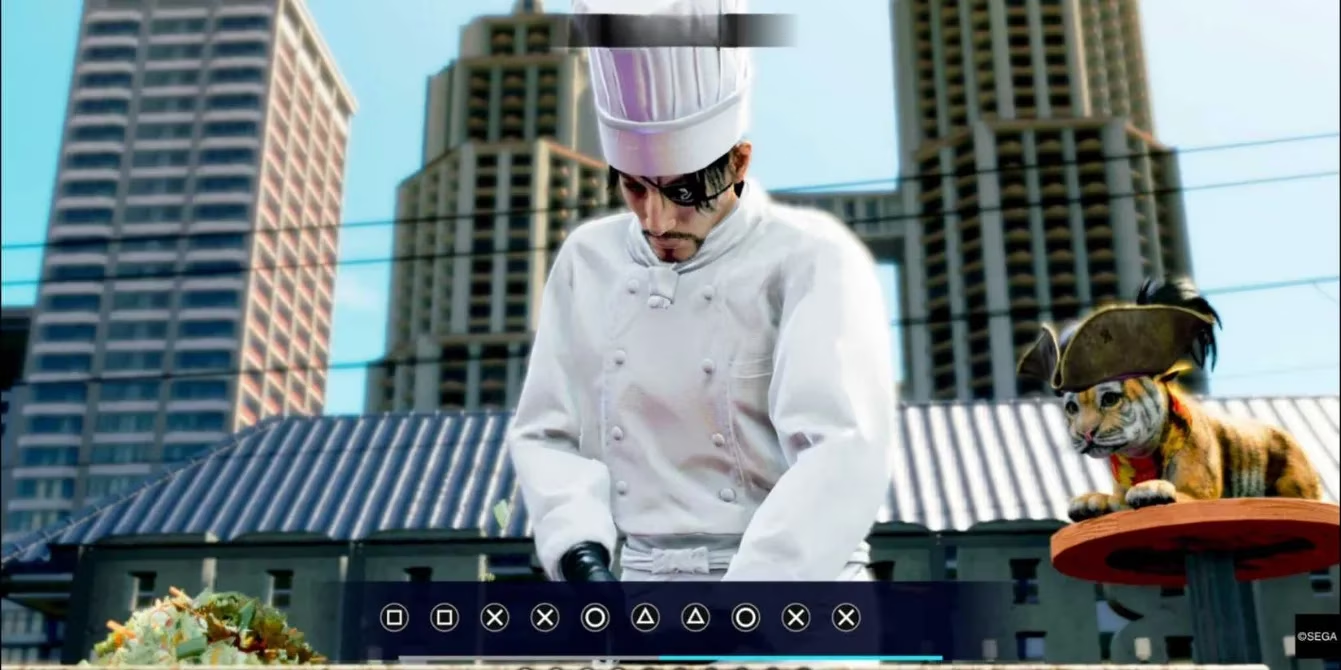 Subjectively, it's more engaging than buying food—like a heartfelt hug in a brawl—that deepens the pirate life.
Subjectively, it's more engaging than buying food—like a heartfelt hug in a brawl—that deepens the pirate life.
Battle Chef Brigade uniquely fuses combat and puzzles, where hunting monsters for ingredients leads to match-three cooking duels. As Mina Han, I've battled foes, then crafted dishes for judges. 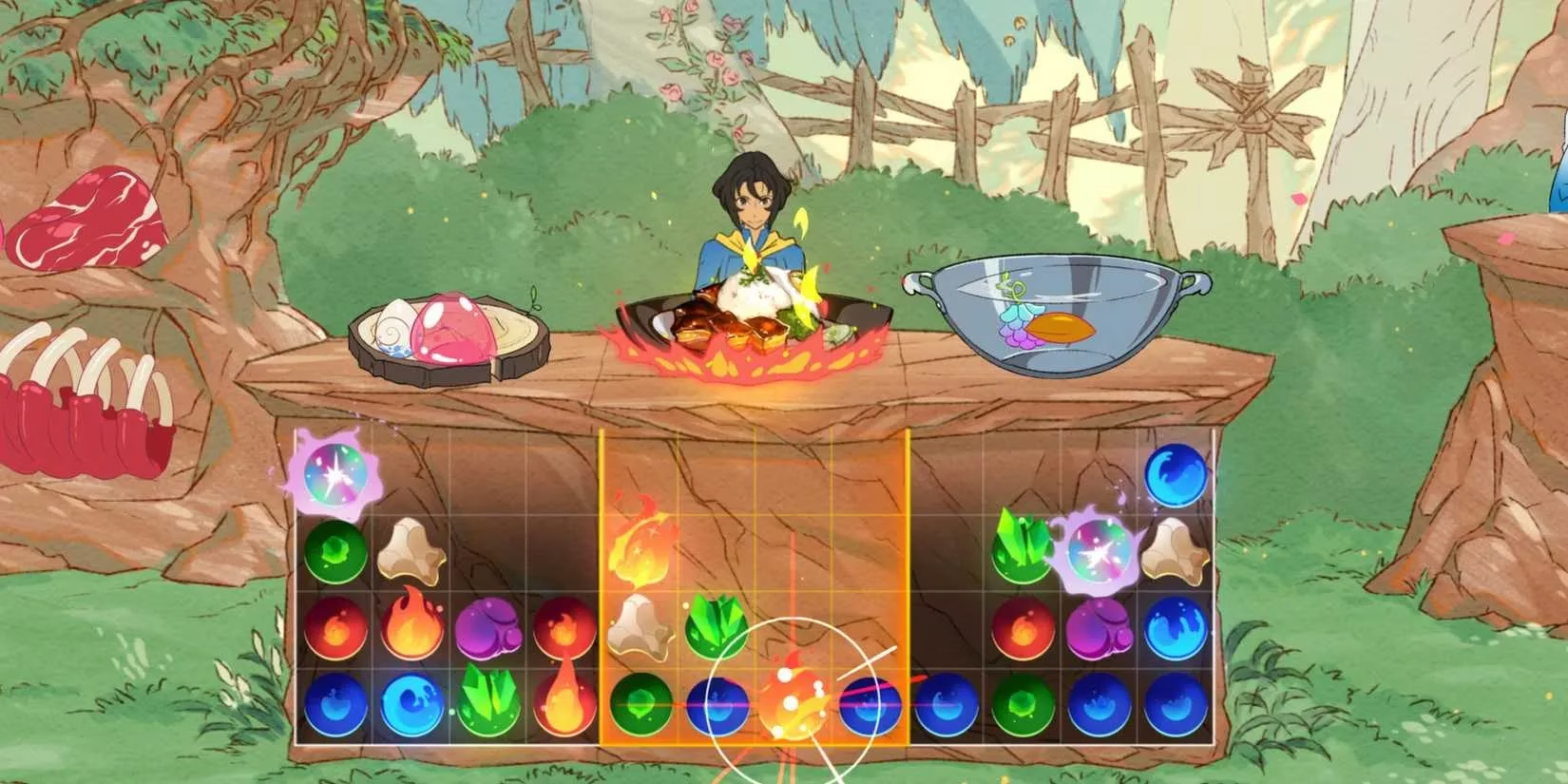 The hand-drawn art, reminiscent of Ghibli, makes it a visual feast—like watching paint dry in fast-forward—thrilling yet calming.
The hand-drawn art, reminiscent of Ghibli, makes it a visual feast—like watching paint dry in fast-forward—thrilling yet calming.
Finally, The Legend of Zelda: Tears of the Kingdom excels with its cooking system. Gathering ingredients across Hyrule, I've cooked meals and elixirs at stoves for health, stamina, and resistances. 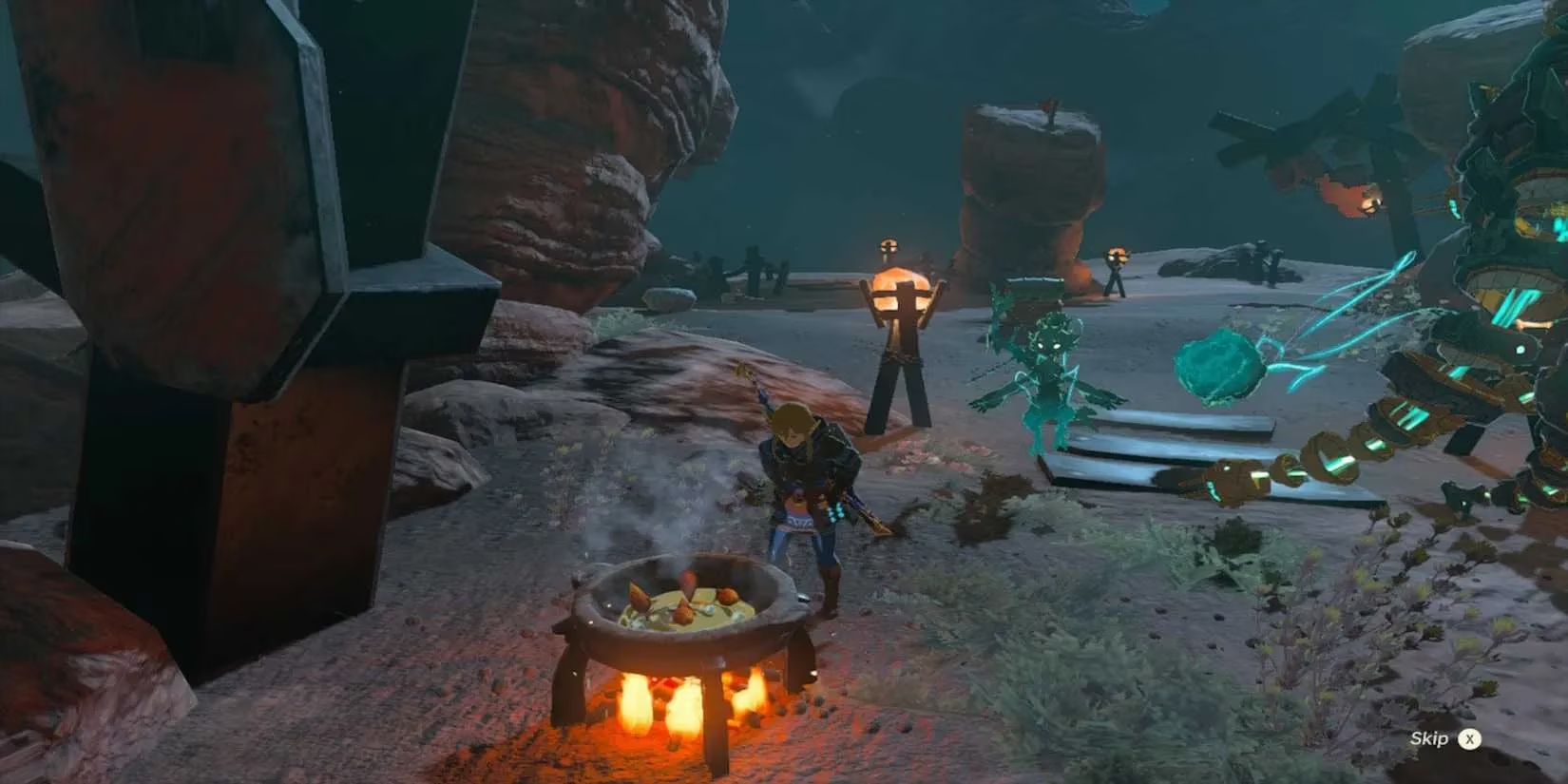 Elixirs, made from critters and monster parts, offer strong buffs but risk dubious meals—pixelated goop that's hilariously unappetizing. For me, it's a lifeline in harsh environments, acting like an anchor in turbulent seas, steadying Link's journey.
Elixirs, made from critters and monster parts, offer strong buffs but risk dubious meals—pixelated goop that's hilariously unappetizing. For me, it's a lifeline in harsh environments, acting like an anchor in turbulent seas, steadying Link's journey.
As we look to the future, how will developers innovate cooking mechanics to make them even more integral to our virtual escapades?
